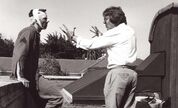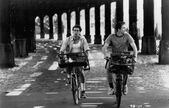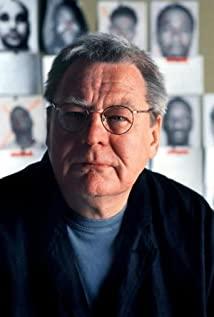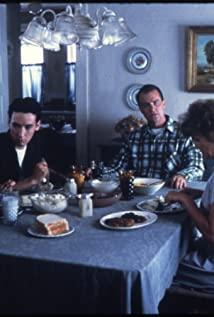2. The 45-degree angle shot in the cage is the bird and the bird's low angle of view. Looking up, it is a window, the light is outside, flashing our eyes. But we know that outside is the sky. This posture, in a sense, is both humiliating and an accumulation of strength. It is like a spring. The tighter it contracts, the greater the power to release it. This point of view is subjective. The subjective lens conveys empathy, a kind of direction. Then the theme of breaking free from shackles and pursuing freedom naturally emerges. Of course, what kind of bondage to break free and what kind of freedom to pursue is another topic.
3. The premise of freedom is "no harm". The harmless result is alienation.
4. Since the spring is contracted, it is meaningless if it is not released. So it really flew. Under the flying sky, we see parents living at the bottom of society, dilapidated communities, and garbage dumps. Flying over again is the killing of the Vietnam War. So the times and social psychological background point to the question, and the footnote is Cage's lines. It can be said positively: You can limit my body, but you cannot limit my spirit. The opposite is: Since I can't communicate, at least I can choose a mental hospital.
View more about Birdy reviews











